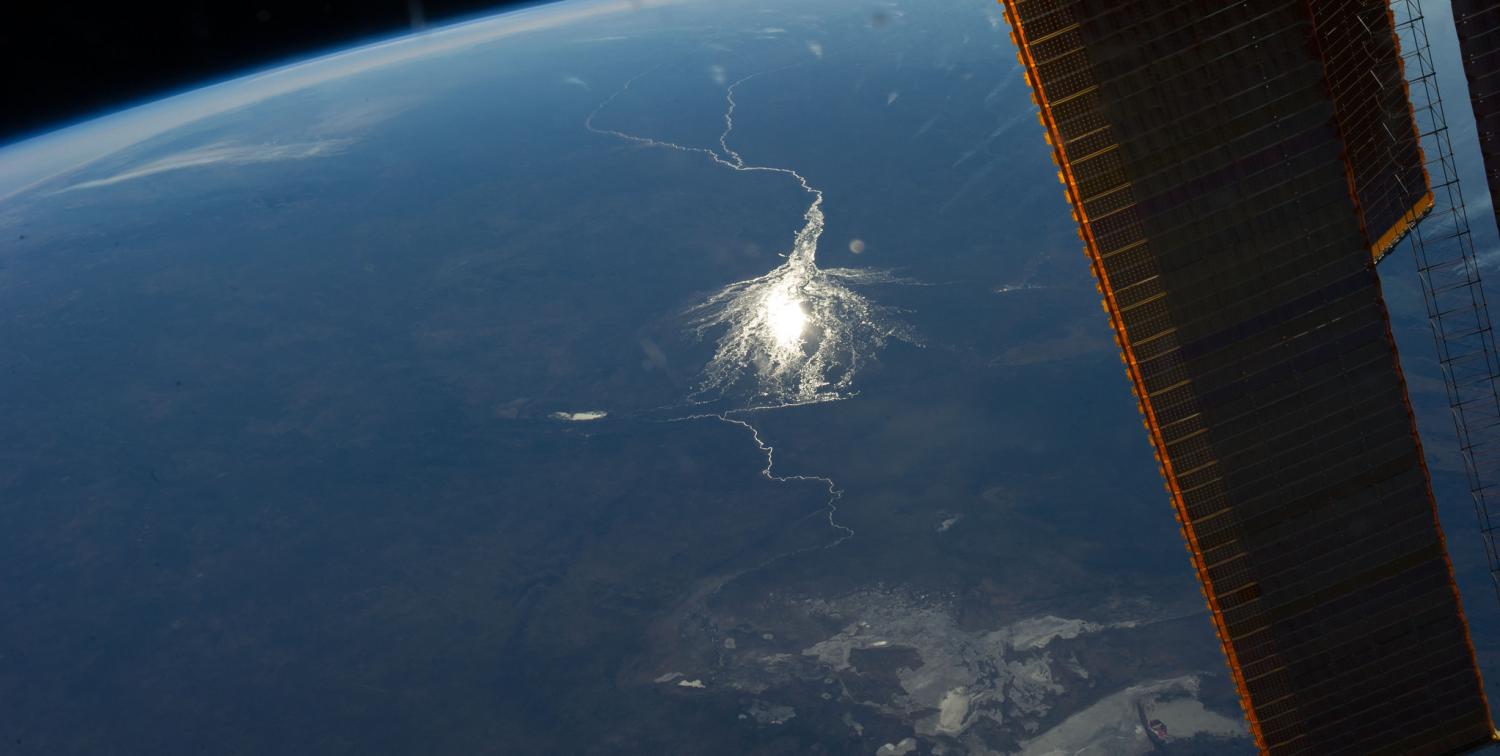Alexandre Dayant, a Research Associate in the Pacific Islands Program, with links on updates across the aid and development field.
- Puerto Rico’s power grid is still recovering from Hurricane Maria. According to Sasha Israni, the US territory has an opportunity to be a model for green growth by trading vulnerable centralized electrical grids for cost-effective, modular, off-grid systems.
- Using a randomized evaluation, a human rights organization was able to measure the impact of its three years’ work experiment to sensitize girls and boys on gender discrimination in a region in India.
- According to new research from Ryan Briggs, development aid is not reaching the poorest people, mainly because it is harder for donors to reach the more rural impoverished places that need it more. You can read his paper on geospatial analysis of aid projects in Africa here.
- A new ethical investment scheme called Energise Africa offers the possibility to invest into their products to earn a return up to 6% while providing families in Africa with clean and affordable solar energy.
- A graph from the ‘Tracking universal health coverage: 2017 global monitoring report’ of the world bank illustrates how, each year, health costs are pushing about 100 million people into ‘extreme poverty’, mainly in Southeast Asia and the Pacific.
- The World Data Lab just released its World Poverty Clock, a new tool that uses national income distribution, production, and consumption to estimate the speed of poverty reduction around the globe.
- On the Interpreter, Clay O'Brien explains why Australia should consider the creation of a sovereign Development Finance Institution. Having a return on investment while providing aid to poor countries in key sectors, he argues, should convince DFAT to adopt a DFI.
- Ben Taub explains how Chad became, over the years, one of the world’s most important and complicated humanitarian disaster.
